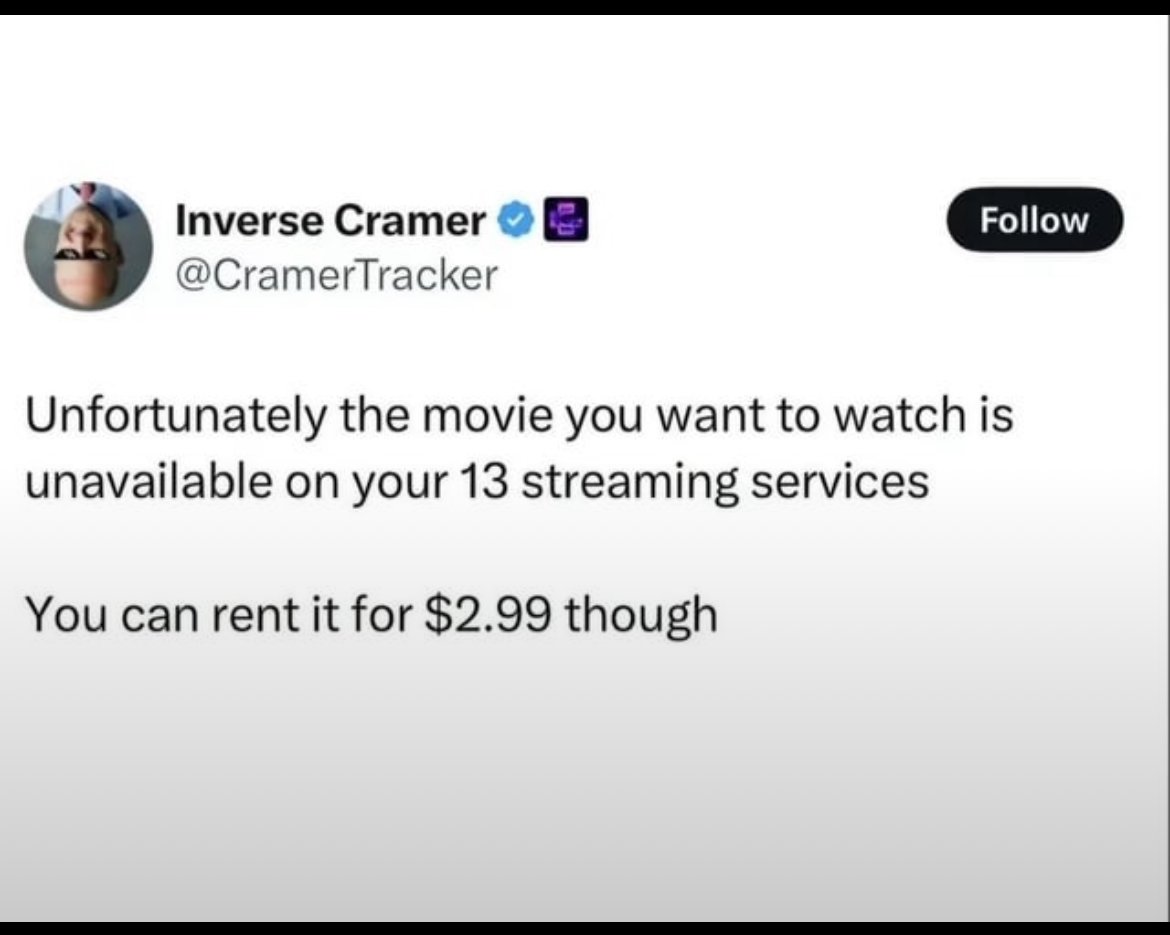this post was submitted on 26 Apr 2025
1479 points (99.5% liked)
People Twitter
7223 readers
1311 users here now
People tweeting stuff. We allow tweets from anyone.
RULES:
- Mark NSFW content.
- No doxxing people.
- Must be a pic of the tweet or similar. No direct links to the tweet.
- No bullying or international politcs
- Be excellent to each other.
- Provide an archived link to the tweet (or similar) being shown if it's a major figure or a politician.
founded 2 years ago
MODERATORS
you are viewing a single comment's thread
view the rest of the comments
view the rest of the comments

I've been out of school since 2017 so I don't know for sure, did publisher really drop textbook prices to around $20 during the pandemic? None of the books I needed to buy were under $100.